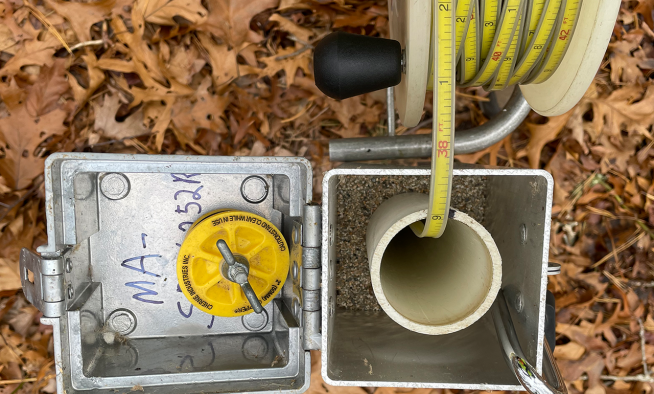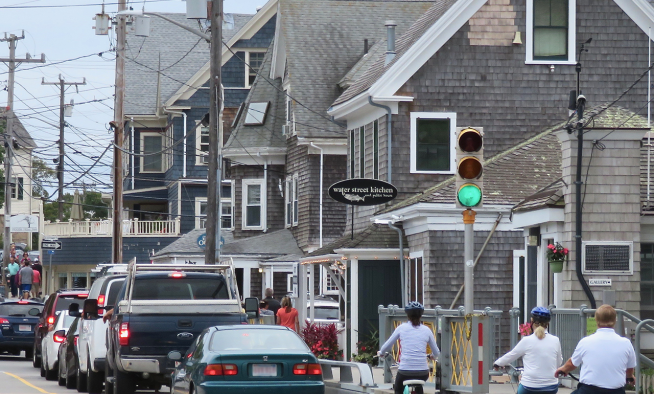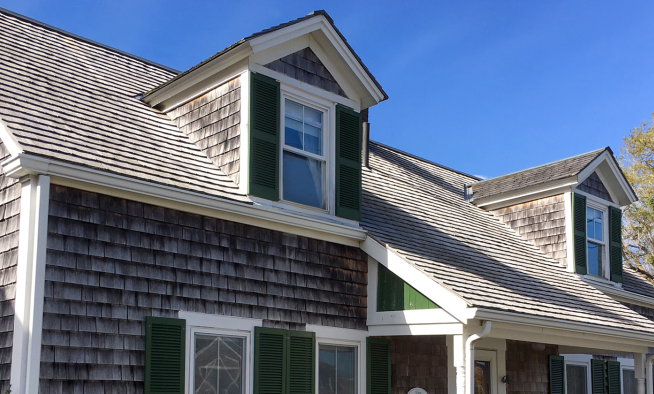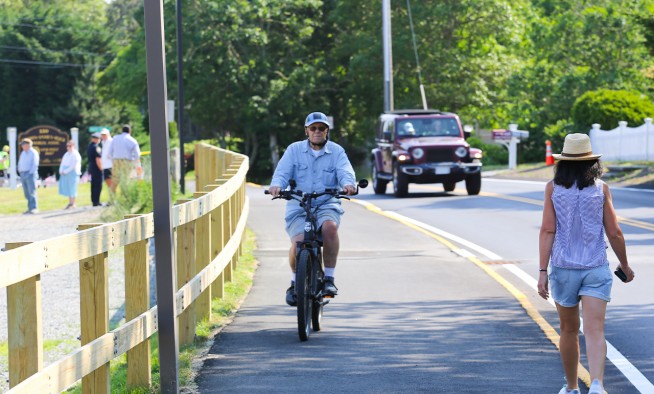Continuing a Regional Effort to Understand Cape Cod’s Ponds
Cape Cod’s freshwater ponds are among the region’s most treasured natural resources, yet for decades our understanding of how these complex systems function has been limited by our ability to monitor them. Traditional volunteer programs and town-led efforts, while invaluable, have been limited to once-a-year snapshots that provided only hints of deeper seasonal dynamics.
For the past three years, the Cape Cod Commission and the Association to Preserve Cape Cod have collaborated on the Cape Cod Regional Pond Monitoring Program (RPMP), an effort to collect consistent data from 50 representative ponds across the region. Since the spring of 2023, monitors, including hundreds of volunteers, have made nearly 1,000 visits to ponds, collecting almost 3,000 samples. Now, at the end of its initial three-year run, the program has brought new insight, new capabilities, and a new level of community involvement to understanding pond health across Cape Cod.
With more frequent sampling, a more detailed story has emerged. The data reveal that ponds are far more dynamic than previously understood. Stratification—the natural layering of warm and cool water—doesn’t simply establish in spring and persist through summer. Instead, ponds can break stratification and restratify, sometimes multiple times, depending on weather patterns. Spring and fall turnovers are also occurring earlier or later than traditional timelines suggest.
Temperature trends have raised important questions as well: surface waters are warming across the region, while bottom waters are cooling in some ponds.
These insights were possible because the RPMP expanded monitoring earlier and later in the year to capture conditions before stratification begins and after ponds fully mix in the fall. With this expanded window, we’re starting to understand seasonal behavior that could not be seen before.
The pond monitoring program is more than a technical effort. It has become a public, regional resource that supports towns, pond groups, residents, and visitors alike.
Volunteers play a central role in supporting field visits, developing a sense of shared ownership. The Cape Cod Water Quality Data Portal allows town staff, organizations, and anyone interested to access and explore freshwater and marine water quality data.
The Commission is seeking to expand the program and continue it for years to come, hoping to add 20 to 25 ponds to the existing 50 and incorporate biological monitoring. Ponds are intentionally selected to fill regional data gaps, represent different pond types, and relieve monitoring burdens on towns where local budgets or staffing have been stretched thin.
Alongside physical and chemical measurements, program expansion seeks to enhance monitoring of zooplankton, the tiny organisms that feed on phytoplankton and support the base of the freshwater food web.
Different types of zooplankton respond differently to changes in nutrients, algae, and temperature. By tracking their abundance and diversity, we gain new insight into how ponds function, how resilient they are, and what changes may be occurring deeper in the ecosystem.
The program helps address a long-standing challenge: funding for long-term monitoring when restoration projects are implemented is often difficult to sustain. The regional program provides the consistent, multi-year monitoring needed to track change over time.
As more data are accumulated, the region will be better able to identify which ponds share similar characteristics, how water quality responds to different interventions, and where internal phosphorus loading may be contributing to harmful conditions. With pre- and post-stratification phosphorus measurements now available, this type of assessment is finally within reach.
Over time, these insights may help simplify management approaches across hundreds of unique ponds that may respond similarly to environmental pressures or restoration strategies.
The RPMP is setting a new standard for effective pond monitoring. With its consistent methods, regional scope, and commitment to transparency, it is building an invaluable body of knowledge about how Cape Cod’s ponds function and change.
More importantly, it is creating a regional capability—a locally rooted system of trained monitors, scientists, volunteers, and community partners who, together, are building the foundation for freshwater protection and restoration across the Cape.
Related Posts




